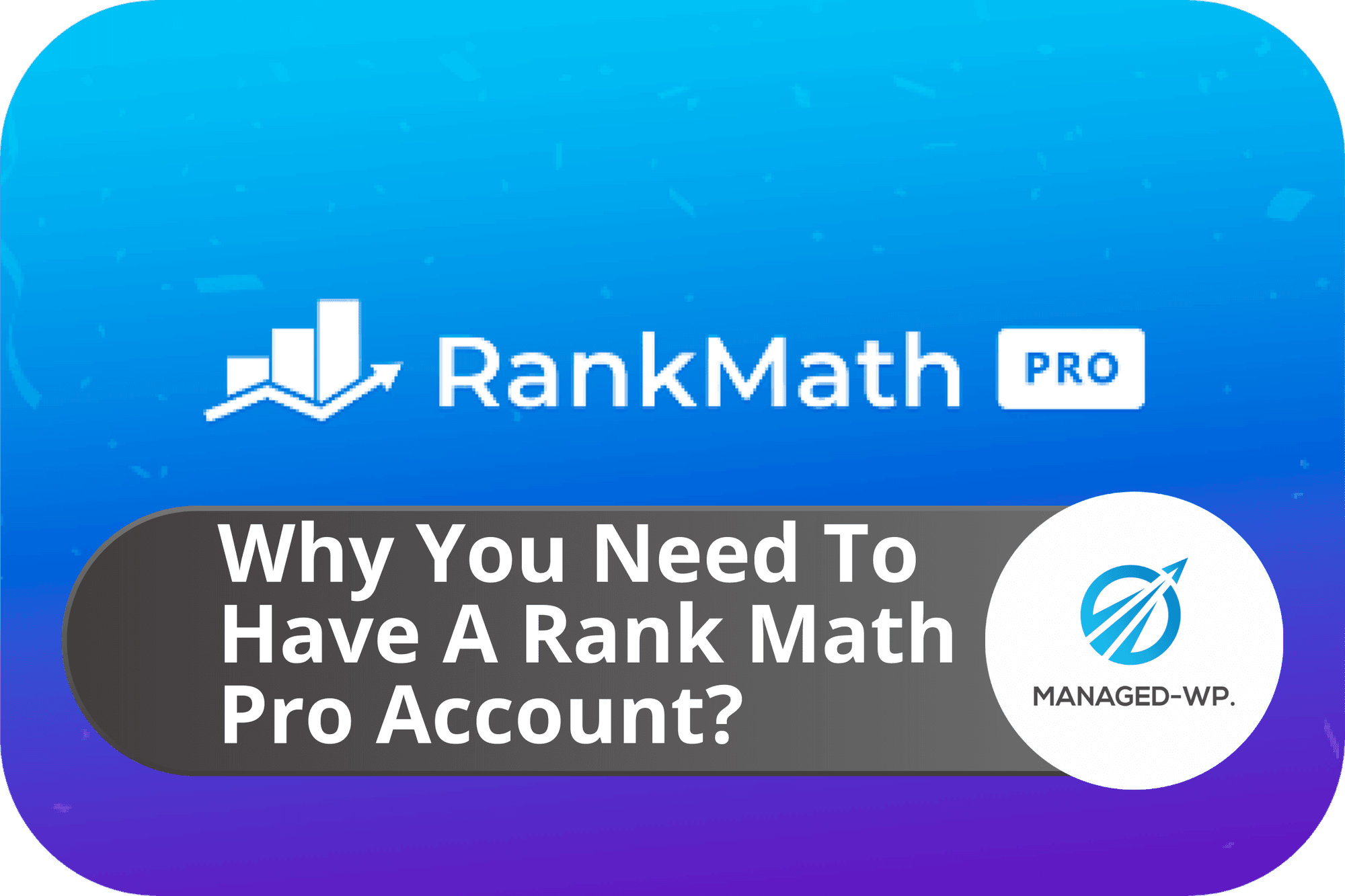Whether you’re a small business owner looking to start an online store, or a larger corporation trying to switch to a more efficient eCommerce platform, it’s important to choose the right platform. Comparing platforms such as Shopify and WordPress can be daunting. Each platform has its own advantages and disadvantages. In this article, we’ll compare Shopify and WordPress and determine which is the right platform for your online store. We’ll cover the features, scalability, security, pricing, and much more. By the end of the article, you’ll have a clearer sense of the platform that can best meet your business needs. Let’s get started.
What is Shopify?
Shopify is an all-in-one ecommerce platform designed to help small businesses create and manage an online store. It offers an easy-to-use interface, a comprehensive suite of marketing tools, and other helpful features.
Shopify is one of the most popular ecommerce solutions on the market, and it’s used by millions of businesses around the world. It’s the perfect solution for those who want to quickly set up an online store without having to worry about the technical aspects of hosting and website maintenance.
Shopify also offers a wide range of features, such as payment processing, inventory management, reporting, shipping, and more. It has a wide selection of themes, which makes it easy to customize the look and feel of your store. Plus, Shopify has an extensive app store, where you can find additional features to customize and enhance your store.
Features
When considering Shopify vs. WordPress for ecommerce, one of the most important factors to consider is the features each platform offers. Shopify offers a wide range of features that are designed to make setting up and managing an online store simple and straightforward. These include:
• Setup wizard – walks you through the basics of setting up your online store
• Shopping cart – integrated with payment gateway of your choice
• Inventory management – allows you to track your inventory levels and product details
• Shipping options – enables customers to choose their preferred shipping method
• Customer accounts – customers can create their own accounts to save their details for future purchases
• Analytics – allows you to track and analyze sales and customer data
• Mobile apps – makes it easy to manage your store from anywhere
WordPress, on the other hand, offers a wide range of features designed to help you build and manage a successful online store. These include:
• Theme customization – allows you to customize your store’s look and feel
• Product management – allows you to add, edit, and delete products
• Payment gateway integration – supports a wide range of payment gateways
• SEO optimization – helps you optimize your website for search engine rankings
• Multi-language support – lets you offer your store in multiple languages
• Shipping options – customers can choose their preferred shipping method
• Analytics – allows you to track and analyze sales and customer data
• Mobile apps – makes it easy to manage your store from anywhere
Scalability
When it comes to scalability, both Shopify and WordPress can support your online store’s growth.
Shopify’s scalability is unparalleled and you can easily upgrade your store to suit your needs. You can add more products, increase the number of customers, and add more features to your store. Shopify also has a wide range of features, apps, and integrations that can enhance your store’s performance.
WordPress also offers scalability, however, it’s not as easy as Shopify. WordPress sites are hosted on a server and if you want to scale up your store, you need to upgrade the server hosting plan. Additionally, you need to install the right plugins and add-ons to your site to ensure it can handle the increased load.
Security
Security is a major concern when running an ecommerce store, and both Shopify and WordPress offer secure solutions. Shopify is PCI-DSS compliant and has an SSL certificate included with all plans. WordPress also allows you to add an SSL certificate and is considered a secure platform, since it regularly updates its core software and encourages users to use secure plugins and themes. However, WordPress is not PCI-DSS compliant, so if you plan to store sensitive customer data, you may want to consider Shopify instead. Both platforms also offer add-on security services such as malware scans and website backups.
Pricing
Pricing is one of the most important factors to consider when deciding between Shopify and WordPress for your ecommerce store. Shopify has three tiers of pricing, with the cheapest plan starting at $29/month. This plan includes a website and blog, unlimited products, and 2 staff accounts. The two higher tiers of Shopify offer more features and more staff accounts, with the most expensive plan costing $299/month.
WordPress, on the other hand, is completely free. However, you will need to pay for hosting, domain name, and any premium themes or plugins you use. Typically, hosting and domain name will cost around $100/year and premium themes and plugins will range from $30 to $100 each.
What is WordPress?
WordPress is a content management system (CMS) that powers over 34% of the web. It’s an open-source platform that was originally created for blogging, but it’s now used for all kinds of websites, including ecommerce stores.
With WordPress, you can easily create and manage content with a visual editor. It’s also highly customizable, with thousands of themes and plugins that allow you to make your store look and function exactly how you want it to.
WordPress is free to use, but you’ll need to pay for hosting, a domain name, and potentially some premium plugins and themes. You’ll also need to have some technical skills to get your store up and running.
Features
When it comes to features, Shopify and WordPress are quite different. Shopify is a comprehensive ecommerce platform and has a large number of features for online stores. It offers payment processing, product listing, shipping, inventory management, analytics and more.
WordPress, on the other hand, is a content management system and does not have as many features as Shopify. However, it does have some features such as product listing, payment processing and shipping integration. WordPress also has a variety of plugins and themes that can be used to customize and enhance your store. Additionally, WordPress is open source and allows for more customization than Shopify.
Scalability
When it comes to scalability, WordPress is the clear winner. WordPress is a platform that can quickly and easily adapt to your business’s growth. As your store grows, you can simply add more plugins, themes, and features to your site.
Shopify, on the other hand, is limited in scalability. There are certain features and plugins that are only available on certain plans. Additionally, you may need to upgrade your hosting plan if your store experiences a sudden surge in traffic.
WordPress is also more flexible when it comes to pricing. It’s free to download and use, so you only pay for the hosting and plugins/themes you need. Shopify, on the other hand, charges a monthly fee for their plans, regardless of your store’s size and traffic.
Security
Security is a crucial factor when it comes to running an online store. Shopify takes a proactive approach to security, offering built-in security measures like secure checkout, data encryption, and fraud analysis. Shopify also has a dedicated security team that monitors the platform for potential security threats.
WordPress, on the other hand, is an open source platform, so security is up to the user. You need to take proactive steps to ensure your WordPress ecommerce store is secure, such as installing an SSL certificate, using strong passwords, and updating your plugins and themes regularly.
Pricing
When it comes to pricing, Shopify and WordPress take two very different approaches. Shopify offers a paid monthly subscription that gives you access to their platform, themes, and hosting. Depending on which plan you choose, the cost ranges from $29 to $299 per month.
WordPress, on the other hand, is free to use. However, you’ll need to pay for web hosting, which can cost anywhere from $4 to $20 per month. You’ll also need to pay for any themes and plugins you want to use. These can cost anywhere from $0 to $200+ depending on the features you need.
Overall, Shopify tends to cost more than WordPress, but it’s also easier to set up and maintain. With WordPress, you’ll need to do more of the technical work yourself, but it can be more cost-effective for the right store.
Comparing Shopify and WordPress
When it comes to setting up an e-commerce store, there are two main options: Shopify and WordPress. Both are great platforms for creating an online store, so it’s important to understand the differences between the two before making a decision.
Shopify is an all-in-one e-commerce solution that’s designed specifically for setting up an online store. It’s extremely easy to use and comes with a range of features designed to help you build and manage your store.
WordPress, on the other hand, is a content management system (CMS). While WordPress can be used to create an e-commerce store, it can also be used to create any type of website. It’s highly customizable and offers more flexibility than Shopify, but it can also be more complex to set up and manage.
When comparing the two, it’s important to consider your specific needs. Shopify is ideal for those looking for an easy-to-use platform that’s designed specifically for e-commerce, while WordPress is better suited for those who need more flexibility and customization options. It’s also important to consider the cost of each platform, as well as the features and support each offers.
Ease of Use
The ease of use is a factor that should be taken into consideration when selecting an ecommerce platform. Shopify is designed to be user-friendly and intuitive, making it a great choice for those who are new to creating an online store. The dashboard is well-organized and the store can be set up in a relatively short time. In comparison, WordPress is a bit more complicated to set up. If you’re familiar with WordPress, you may find it easier to set up than Shopify, but it’s important to understand that it will require a bit more time and effort. There are plenty of tutorials available to help you get started, but it’s important to be aware that it is more complex.
Customization
When it comes to customization, WordPress wins out. It’s open-source, so you can find a huge selection of free or premium themes and plugins to customize your online store. You can also access the code and make customizations yourself.
Shopify offers a degree of customization, but it’s more limited. You can choose from a range of free and premium themes, but you can’t access the code. You can’t create customizations, which may be a problem for more complex stores.
When it comes to customization, WordPress gives you greater freedom and flexibility.
Support
One of the things that sets Shopify apart as an ecommerce platform is its level of support. Shopify has over 800 customer service agents around the world to answer your questions, and many of them are available 24/7 via chat, phone, or email.
Shopify also offers a large library of online resources and guides to help you set up and troubleshoot your online store. And if you can’t find the answer you’re looking for in the library, you can post a question to their active forum.
WordPress also offers great customer support, but it’s a bit more decentralized. You can find help at the WordPress Support Forum, via the WordPress help chat, or through the WordPress Codex. Additionally, you can get help from individual plugin and theme developers, but it’s up to you to find the right contact.
SEO
Search engine optimization (SEO) is an essential factor to consider when selecting a platform for your ecommerce website. Both Shopify and WordPress have their own advantages when it comes to SEO.
Shopify offers a built-in SEO optimization system. This includes automatically generating meta tags and titles for your products and pages, and the ability to edit the URL for each page. It also allows you to create custom HTML sitemaps and adjust the robots.txt file.
WordPress, on the other hand, offers a variety of SEO plugins that allow you to optimize your website. Popular plugins such as Yoast SEO or All in One SEO Pack can help you to optimize your content, create meta tags and titles, and generate XML sitemaps.
Summing Up
Both Shopify and WordPress have their own unique benefits, depending on the type of store you are looking to create. Shopify is the best choice for those who want a turnkey solution with no coding knowledge. However, WordPress is a better choice when it comes to customization and scalability.
Ultimately, the decision is up to you. You should consider the budget, the features you need, and the amount of time you are willing to invest in your store before making a decision.
Remember, no matter which platform you choose, you can always upgrade or switch platforms down the line. The important thing is to make sure you are making an informed decision that works for your business.



















